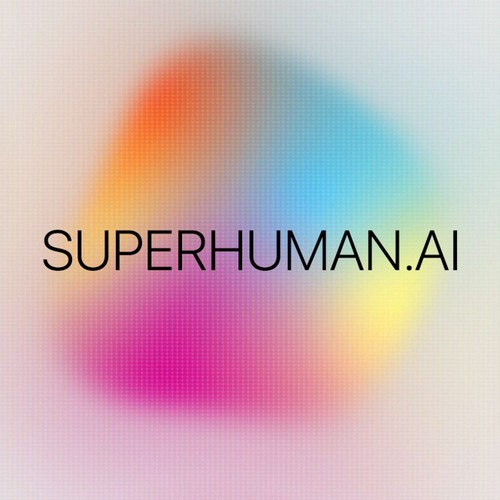
 Superhuman AI: Decoding the Future
Superhuman AI: Decoding the Future AI App Building Without Code Is Here with Bolt CEO Eric Simons
54 snips
Apr 2, 2025 Discover how a groundbreaking platform empowers non-technical users to easily create apps directly in their browser, similar to using ChatGPT. Learn about the impressive growth of Bolt, which achieved $20M ARR in just 8 weeks by democratizing app development. Explore the differences between AI-enhanced coding and true AI development, and understand the implications for developers and designers in this new landscape. This innovative approach to app building could revolutionize how we think about software creation.
AI Snips
Chapters
Transcript
Episode notes
Bolt for Non-Technical Users
- Non-technical users can build real apps with Bolt, not just drag-and-drop websites.
- A user can create a Spotify clone or a wedding website quickly and easily.
AI-Powered Prototyping
- AI-powered tools like Bolt enable rapid prototyping with higher fidelity than traditional design tools like Figma.
- This shift allows for quicker iteration and a more realistic user experience during product development.
Bolt vs. Other No-Code Tools
- Previous no-code solutions often proved too complex, making learning to code a more efficient approach.
- Bolt simplifies app creation, even for non-technical users, surpassing the capabilities of tools like Squarespace and Cursor.
